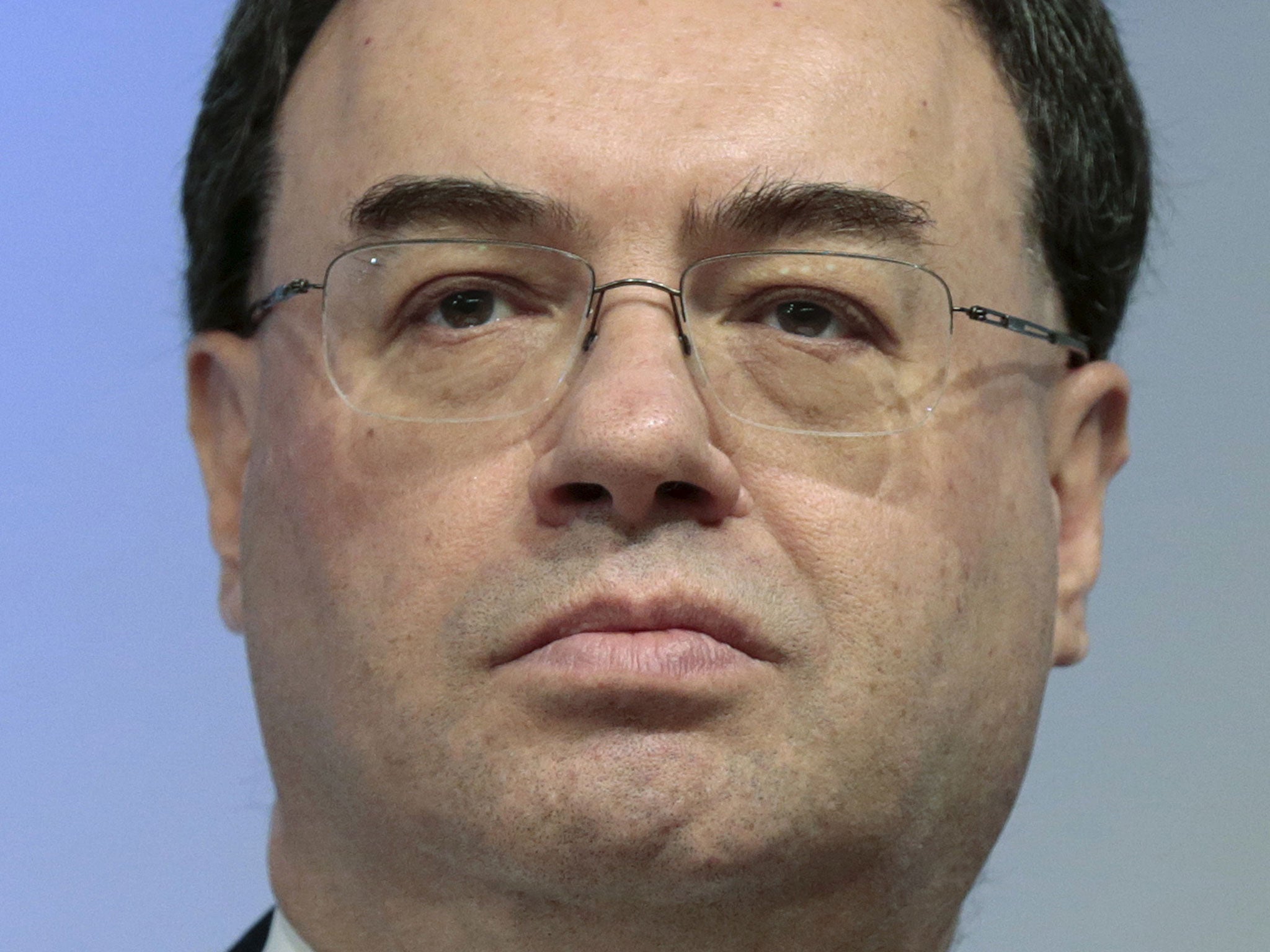Britain's young are paying too much for credit. The Financial Conduct Authority must act
Andrew Bailey, the regulator's chief executive, raised the issue in a speech this morning at the British Bankers Association

Britain’s young have for too long suffered from the greed of their parents and grandparents, and too many are struggling in an economy that seems set up to kick them in a painful place.
The fact that their bank is contributing to the process? That just adds insult to injury.
Andrew Bailey, the chief executive of the Financial Conduct Authority, appears to recognise that there is a problem with that. He addressed it this morning in a speech to the British Bankers Association.
Now, Britons have long had a love affair with their “free” bank accounts. They aren’t, of course, really free, because banks get to lend out the money deposited in them without paying much (if anything) in interest.
But "free" current accounts are still not very profitable as banking products go. To improve the returns from them, banks, in effect, subside them by imposing very high charges upon account holders who go into “unauthorised” overdrafts.
There is a growing group of people who regularly find themselves in that unhappy position, often through no fault of their own.
They are people stuck in the gig economy; those on zero hours contracts who don’t know how much work they will get from one month to the next, or freelancers who keep the wolf from the door through a series of different “gigs”.
One month they may be flush. The next they may struggle to make their rent, which means they are all too likely to find themselves pushed towards either payday lenders, or into “unauthorised” overdrafts. A cap was recently placed on what the former can charge. The latter can still be ruinously expensive.
These people are, more often than not, young, and not that well off and the price they pay for their emergency credit subsidises “free” bank accounts of the rest of us. It keeps those of us who have stable incomes, savings, and manageable debt, and who lean older, in the style to which we have become accustomed.
The young already pony up for all sorts of benefits, including winter fuel payments for rich retirees, and the triple lock on their state pensions that sees them rising at the rate of inflation, or the rise in average incomes, or 2.5 per cent, whichever is more.
They have also suffered far more from austerity than their elders, losing the right to certain benefits, seeing the cost of higher education rising sharply, and more besides. The fact that they’re also paying through the nose for cheapie banking for their parents and grandparents is simply intolerable.
As well as referencing the issue of banks cross subsidising some products via high charges on others, and the work the regulator is doing on this, Mr Bailey also made an important point. He said that there is a public interest in the supply of financial services.
While he was careful to stress he was not making a point about the (disturbingly high) levels of household debt, he said that includes the supply of credit to people who need it.
“Put simply, it would not be an acceptable outcome to cut consumers off from access to credit when they have a justifiable need for credit, for instance to smooth erratic or lumpy income."
Business news: In pictures
Show all 13Hear, hear. Britain’s young have suffered enough pain from prior generations. It is high time for the balance to be redressed.
It is to be hoped that the regulator’s current activity on the subject of retail banking will do that, not only through securing the supply of short term credit for those of them that need it, but also by ensuring it is available to them at a price that is fair.
If that means those of us in more a more fortunate financial state have to pay more for our “free” bank accounts, then so be it.
Subscribe to Independent Premium to bookmark this article
Want to bookmark your favourite articles and stories to read or reference later? Start your Independent Premium subscription today.

Join our commenting forum
Join thought-provoking conversations, follow other Independent readers and see their replies